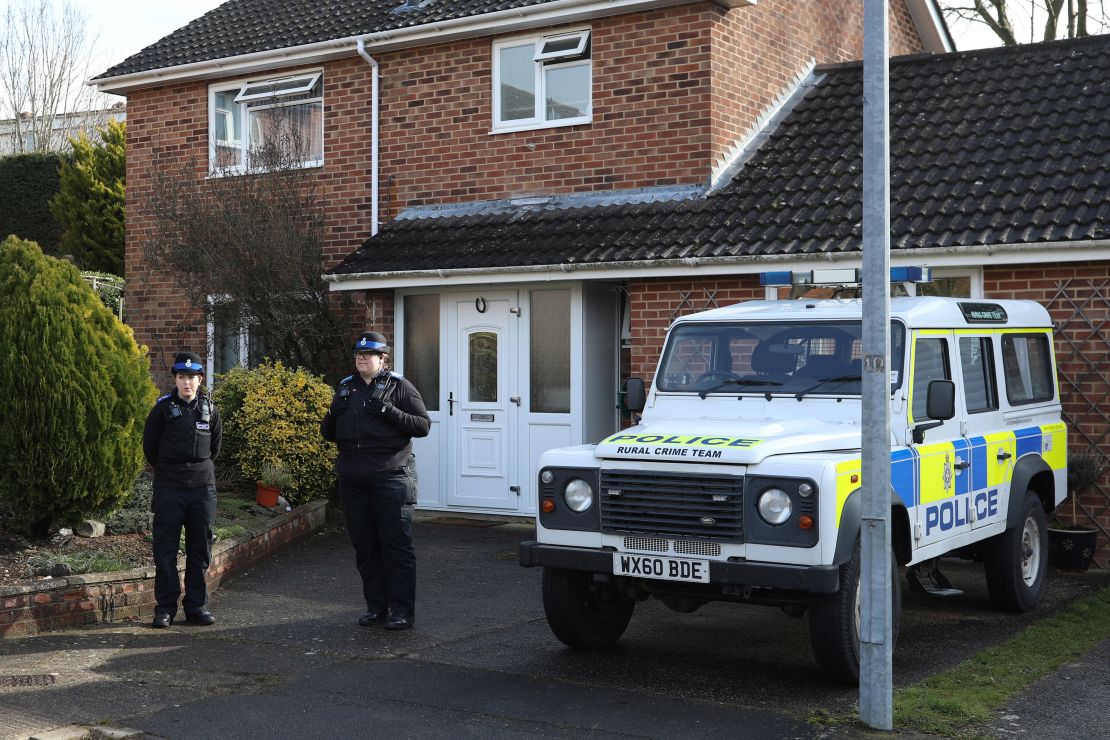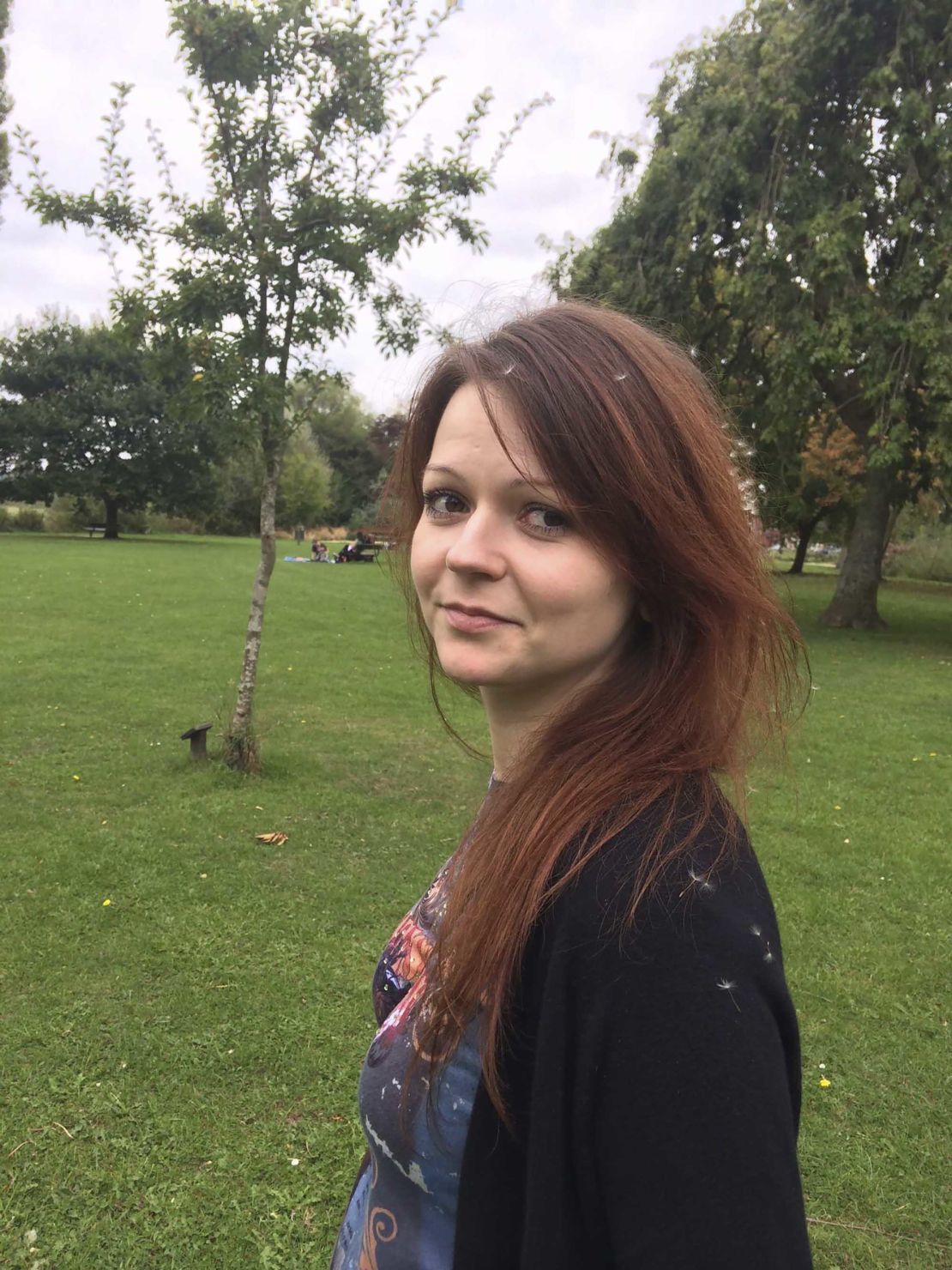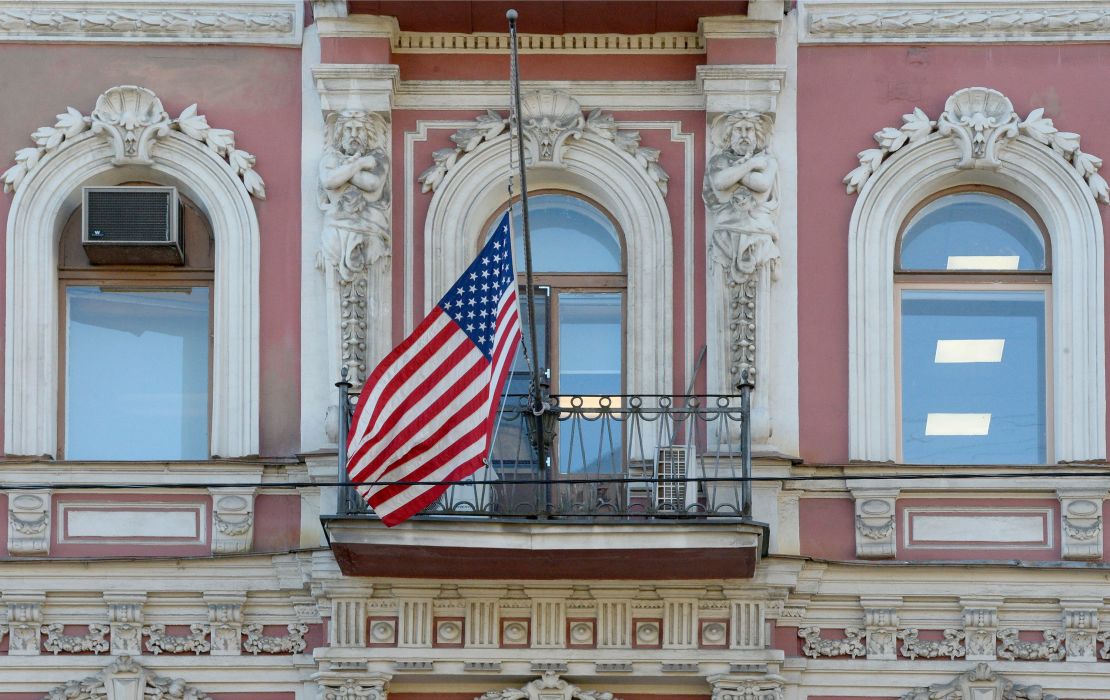British authorities examining the poisoning of former Russian spy Sergei Skripal believe the daring placement of the nerve agent on his door shows a sophistication that likely had the approval of the Kremlin, a source briefed on the investigation has confirmed to CNN.
Skripal, 66, and his daughter Yulia, 33, were poisoned on March 4 after being exposed to what the British government says was a military-grade nerve agent.
British officials believe an attack of this type could only be carried out by a person (or more than one person) with key training involving Novichok, the substance used in the attack.
There are doubts that rogue agents could have carried out the attack without approval from the top levels of Russian government.

The New York Times first reported this latest theory regarding responsibility.
Last week, Russia again denied any involvement in the poisoning, with Russian Foreign Minister spokeswoman Maria Zakharova accusing the UK government of seeking to “bring about a totally absurd situation.”
Opinion: Putin won’t care about the expulsion of diplomats
Blame
The UK government has long pointed fingers at Russia for the March 4 nerve agent attack against the former double agent and his daughter on British soil.
In a speech before parliament one week after the attack, British Prime Minister Theresa May said it was “highly likely” that the attack constituted “an unlawful use of force by the Russian state against the United Kingdom.”
Officials believe this type of nerve agent attack is also meant to send a strong warning to Russian dissidents in the West, the source said.

The revelation that investigators believe the poisoning likely had approval at the highest levels of the Russian government doubles down on accusations – from the White House, among others – that Russia is becoming increasingly brazen in its hostile acts on foreign governments, including its interference in the 2016 US presidential election.
The assertion that the Kremlin’s fingerprints are on the attack echoes what the US said regarding the 2016 hacking of the Democratic National Committee blamed on hackers tied to Russian intelligence.
The Kremlin has also denied being involved in the DNC hacking.
UK told to pull more diplomatic staff from Russia
Recovery
Both Skripal and his daughter were hospitalized for weeks with serious damage from the attack, but Yulia is “improving rapidly,” a statement from the Salisbury District Hospital last week said. Sergei Skripal remains in a critical but stable condition, the statement added.
Late last week, Russian Foreign Minister Sergei Lavrov again demanded the UK give Russian diplomats access to Yulia, who is a Russian citizen. Zakharova also told reporters in Moscow that Britain is breaking international law by refusing to provide information on the case.
“We are witnessing obvious prevention of access for Russian representatives to Russian victims,” she said.
The Skripals were found slumped on a bench in an outdoor shopping complex in Salisbury, England. They had no visible injuries, according to police.
Opinion: If we want to stop Putin, we need to go after his sources of money
Tit-for-tat expulsions

The diplomatic fallout continued last week as Moscow ordered the expulsion of diplomats from at least 23 countries, as a reciprocal move after those countries expelled Russian diplomats in solidarity with the UK.
Prior to Friday’s expulsions, the Kremlin announced that 60 US diplomats would be kicked out of the country, and the US consulate in St. Petersburg shut in retaliation for a similar step by Washington, which said Monday it would be expelling the same number of Russian diplomats and closing the Russian consulate in Seattle.
CNN’s Jim Sciutto reported from Washington DC, Euan McKirdy wrote in Hong Kong.





